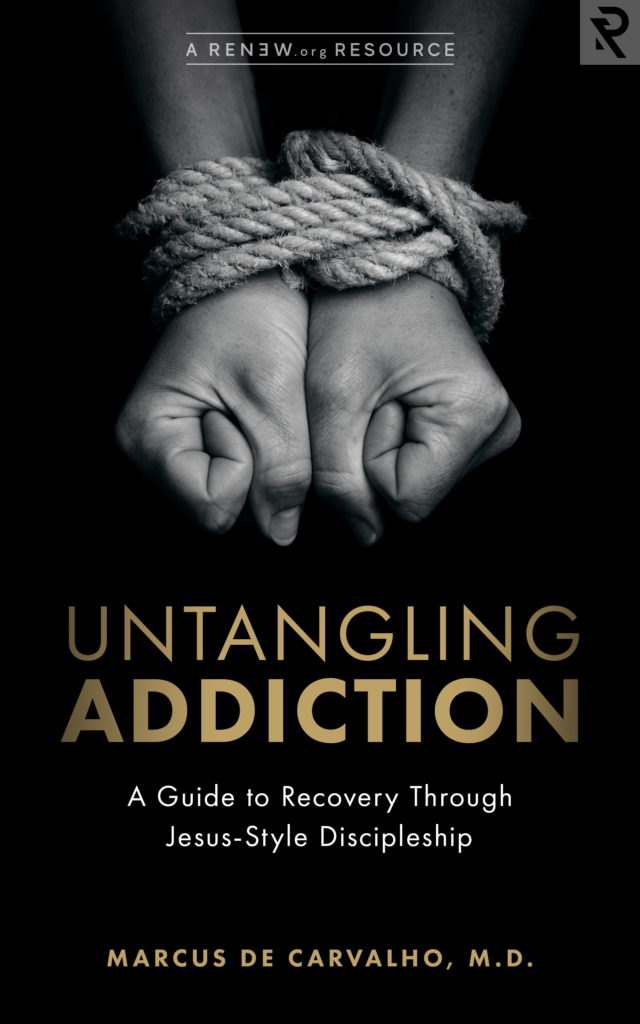
How to Know If Your Zeal Is Real
“When You’re Hot, You’re Hot”
“When you’re hot, you’re hot. And when you’re not, you’re not,” the saying goes. God’s word demands that we be hot, not cold or lukewarm. The success of the mission absolutely depends on it!
“To the angel of the church in Laodicea write: These are the words of the Amen, the faithful and true witness, the ruler of God’s creation. I know your deeds, that you are neither cold nor hot. I wish you were either one or the other! So, because you are lukewarm—neither hot nor cold—I am about to spit you out of my mouth” (Revelation 3:14–16).
These words are addressed to a church that used to be hot, but had slipped into the self-satisfaction of lukewarmness. Sadly, only a few decades later this church seems not to have repented. Other churches that received letters in Revelation 2–3 were still in existence (like those in Ephesus and Philadelphia, for example), but the second-century writers sent no letters, as far as we know, to the church of Laodicea. It seems this first-century church dwindled in faith and in numbers, ultimately vanishing off the screen.
Jesus Christ looks not just at heart (our faith and intent), but also at deeds.
“Holy” and “hot” are nearly synonyms when it comes to commitment. (Technically speaking, we are pressing the analogy. In Laodicea, as in our homes today, hot water and cold water are both good. It’s the lukewarm that triggers a response of disgust.) Religious experiences are no substitute. Truly spiritual people don’t gather “miracle” stories and seek after a spiritual buzz (Colossians 2:18); they do the work of God (Matthew 7:21–23).
Can you honestly say that you are “hot” for God, his word, his will, his people, his plans? You can if his mission runs in your veins.
“Inwardly Boiling”
Over a billion people on our planet claim to be Christians, despite the fact that their “pulse” is impossible to locate. The result: dead faith creating dead weight in dead churches.
Imagine your friend asking you to go and check a pot of water on the stove. “It should be boiling by now,” he says.
You check it swiftly dipping in your finger (just to be safe), only to feel tepid water. “Still cold!” you reply.
“No, it should be boiling by now,” he returns; “please go back and check again.”
You check once more and feel only lukewarm water.
Let’s say he responds, “I know it’s hot; it must be boiling. Yes, it must be ‘inwardly boiling.’” What would you think?
What if he persisted in spouting off slogans like “What counts is heart, not heat,” and “Lukewarm water needs time to ‘mature’”—wouldn’t you eventually come to question his sincerity, or his understanding of words such as “hot,” “cold” and “boiling”?
He then further defends his doctrine: “After all, no water is perfect”; “All water has the right to seek its own temperature”; “Being nice is what counts, not being hot”; or perhaps “The warming up is more important than the heat.”
The theology of lukewarmness continues to blossom: “We truly believe in inner boiling,” and “Judge not water’s heat,” and finally, “Hot-water-only groups are too exclusive!” Would you not be right to accuse him not only of illogic but also of special pleading (that is, deliberately ignoring aspects that are unfavorable to his point of view)?
So it is with holiness.
The commitment of discipleship is nonnegotiable. The fervor of spiritual zeal is defined by God, not by human beings. No one has the right to dilute holiness, then say, “It’s good enough.”
Fake versus Real Zeal
Zeal can be faked. Showing up at church—even smiling, clapping, saying “Amen”—may fool others, but it cannot fool God (Galatians 6:7). He knows whether we are about his mission or not.
Do you have a zeal that’s real, or are you the “hype type”? Still confused about what God thinks about faking dedication, feigning devotion, falsifying discipleship, fudging holiness? The tale of Ananias and Sapphira (Acts 5:1–11) reveals the heart of God on this matter. When this couple pretended to be more committed than they were instead of being honest, we read that they were lying to the Holy Spirit (v.3) and testing the Spirit of the Lord (v.9). God the Spirit is offended when, instead of allowing him to make us holy, we make a farce of faith. No more showy, shallow, sham religion!
How can we claim to be God’s people when we are lacking in zeal? Many people lack the truth, and yet sometimes are just as zealous in their religion as real Christians are (Romans 10:1–2). Zeal does not mean loud “Amens” and boisterous behavior, but being filled with the Spirit of God and modeling the walk we talk about. After all, as Mark Twain said, “Few things are harder to put up with than a good example.” When people see that kind of zeal, they will know it’s real.









